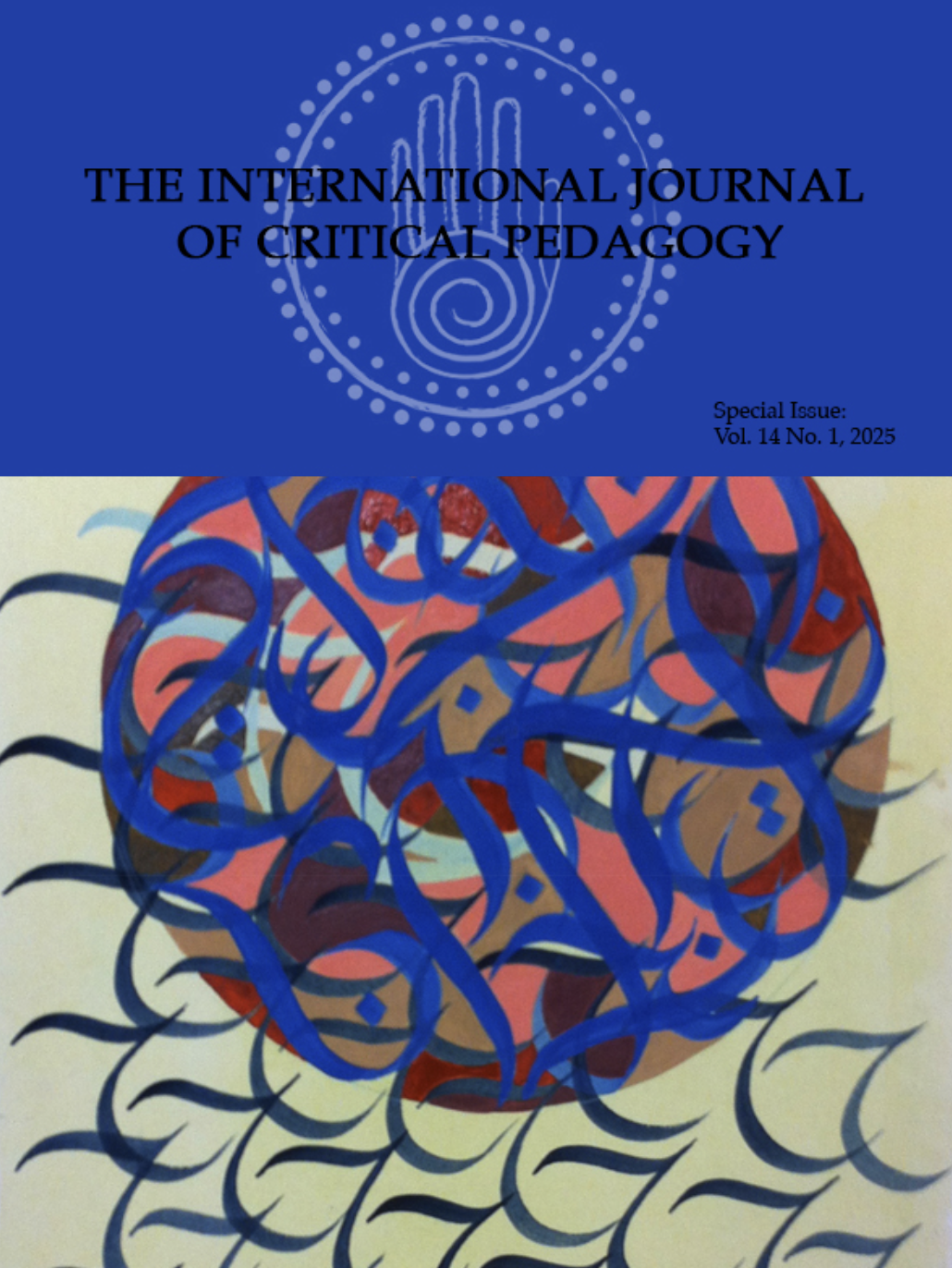Abstract
This mixed methods explanatory study examined the level of critical consciousness of high school students in The Bahamas and the contribution of school to its development. Developing critical consciousness in students makes education relevant to their lives and equips them with the skills needed to think critically about social conditions. The Critical Consciousness Scale was completed by 10th grade students (N=202) at four public high schools. Results indicate a lack of awareness of inequality in Bahamian society. Though students strongly support equal treatment of groups in society, few had participated in any related activity. Interviews with high scoring students yielded five themes related to the role of school in developing critical consciousness: the importance of discussion and dialogue, the need for guidance and mentoring, the role of clubs, community service, and the influence of class activities and peer interaction.
Keywords: critical action, critical consciousness, mixed method, sociopolitical participation
How to Cite:
Stubbs, C. F., Hullinger, H., Bosch, C. & Tapp, S., (2022) “Critical Consciousness of Bahamian High School Students”, International Journal of Critical Pedagogy 12(1).
Downloads:
Download PDF
View PDF

